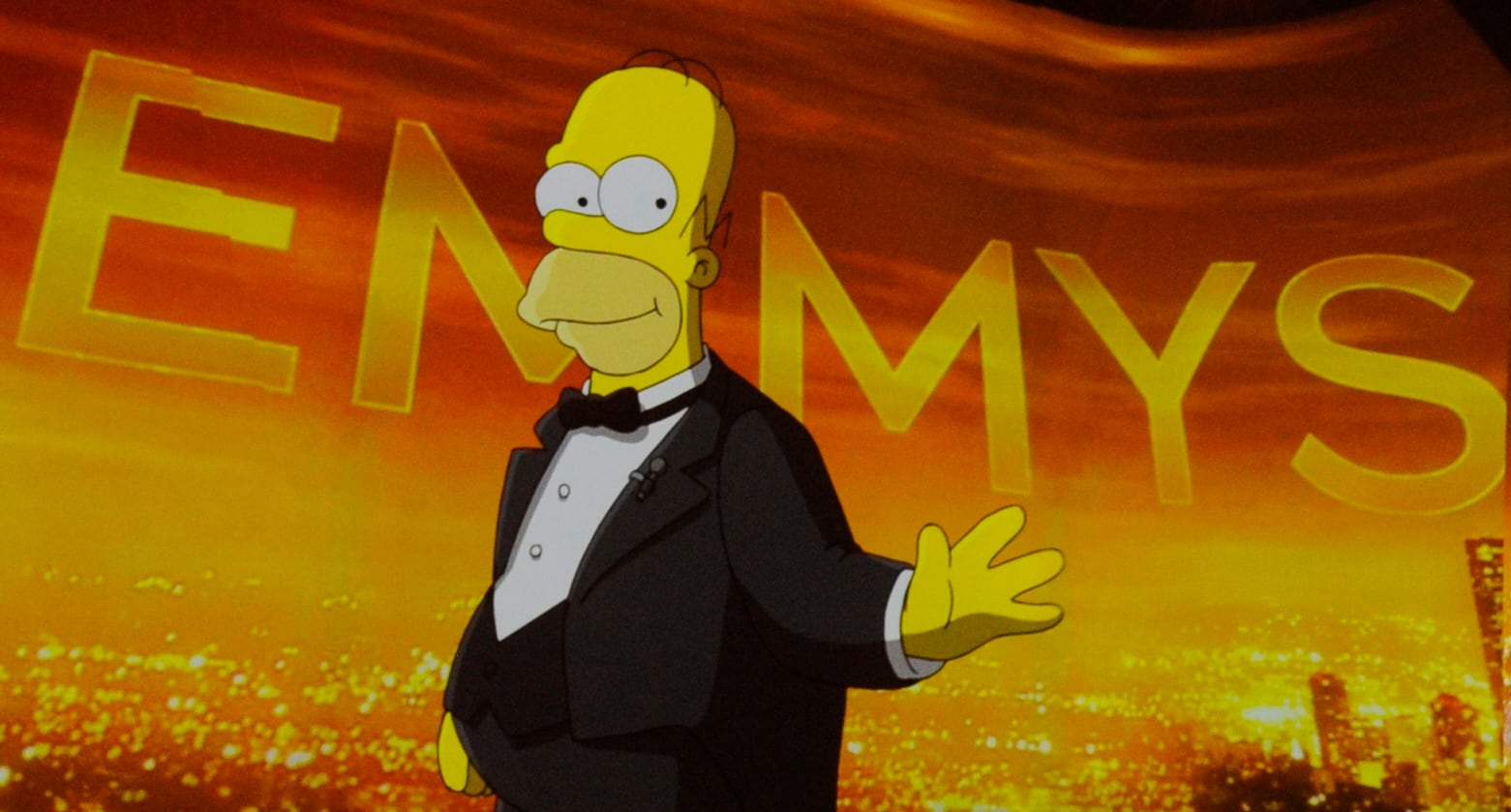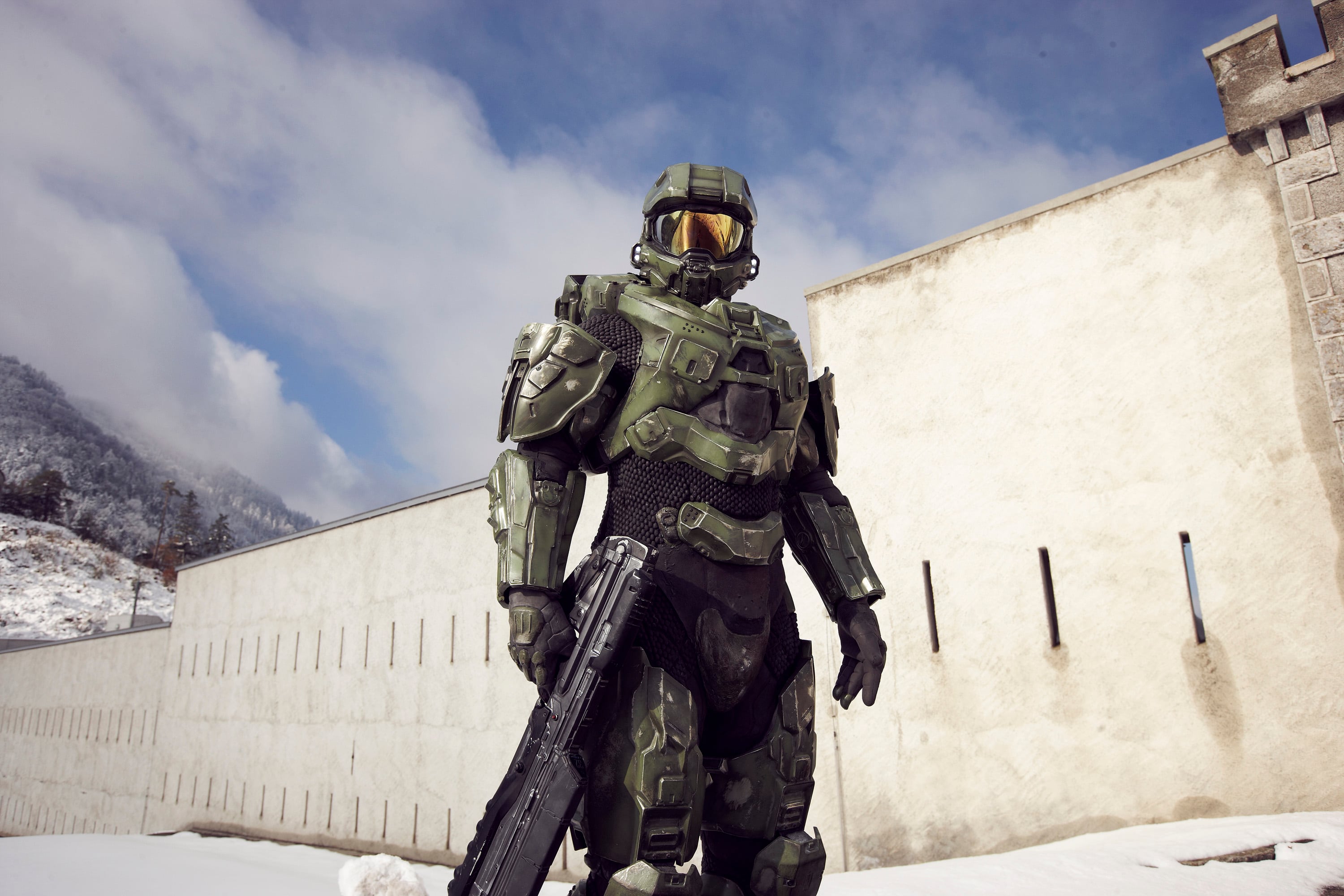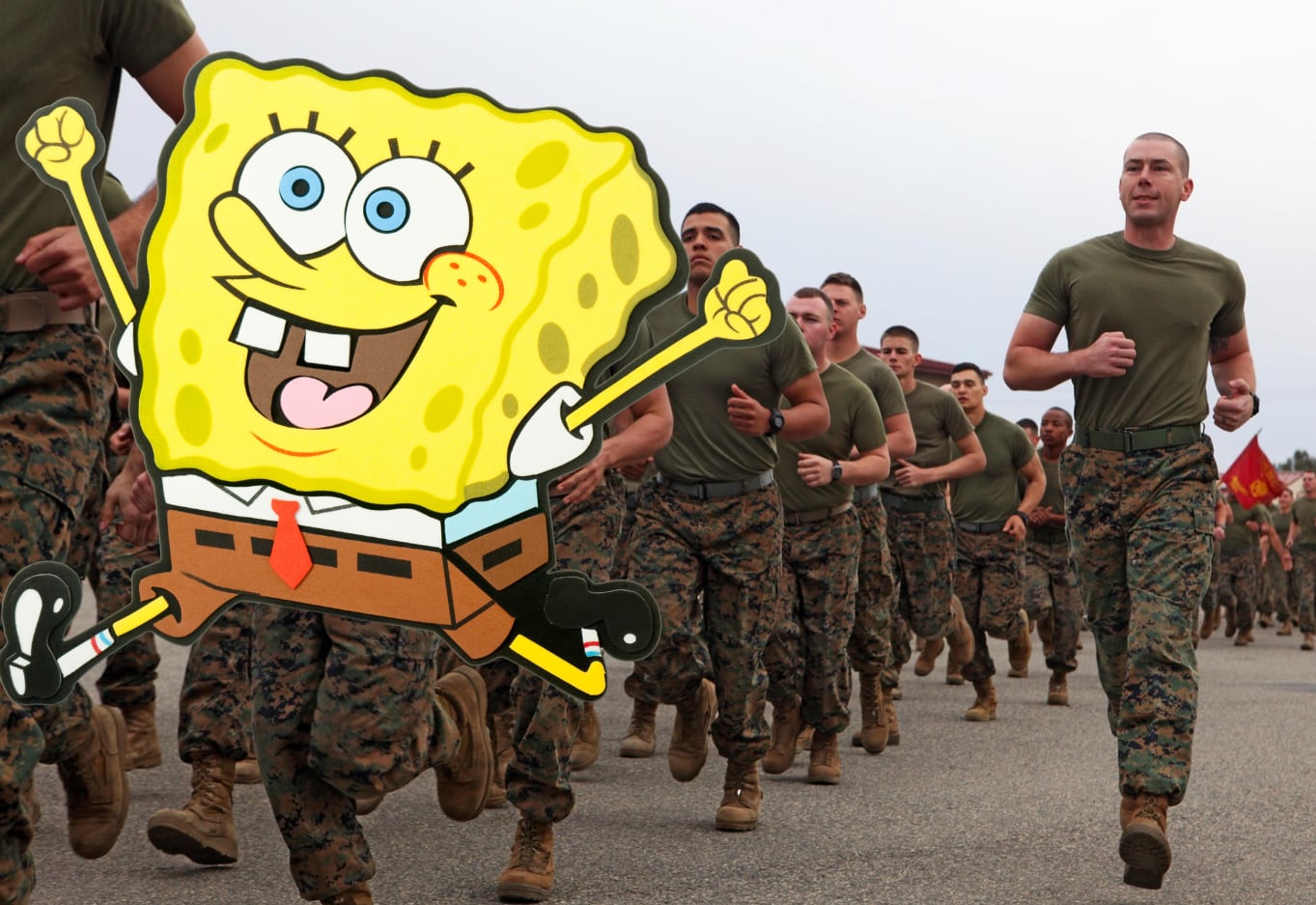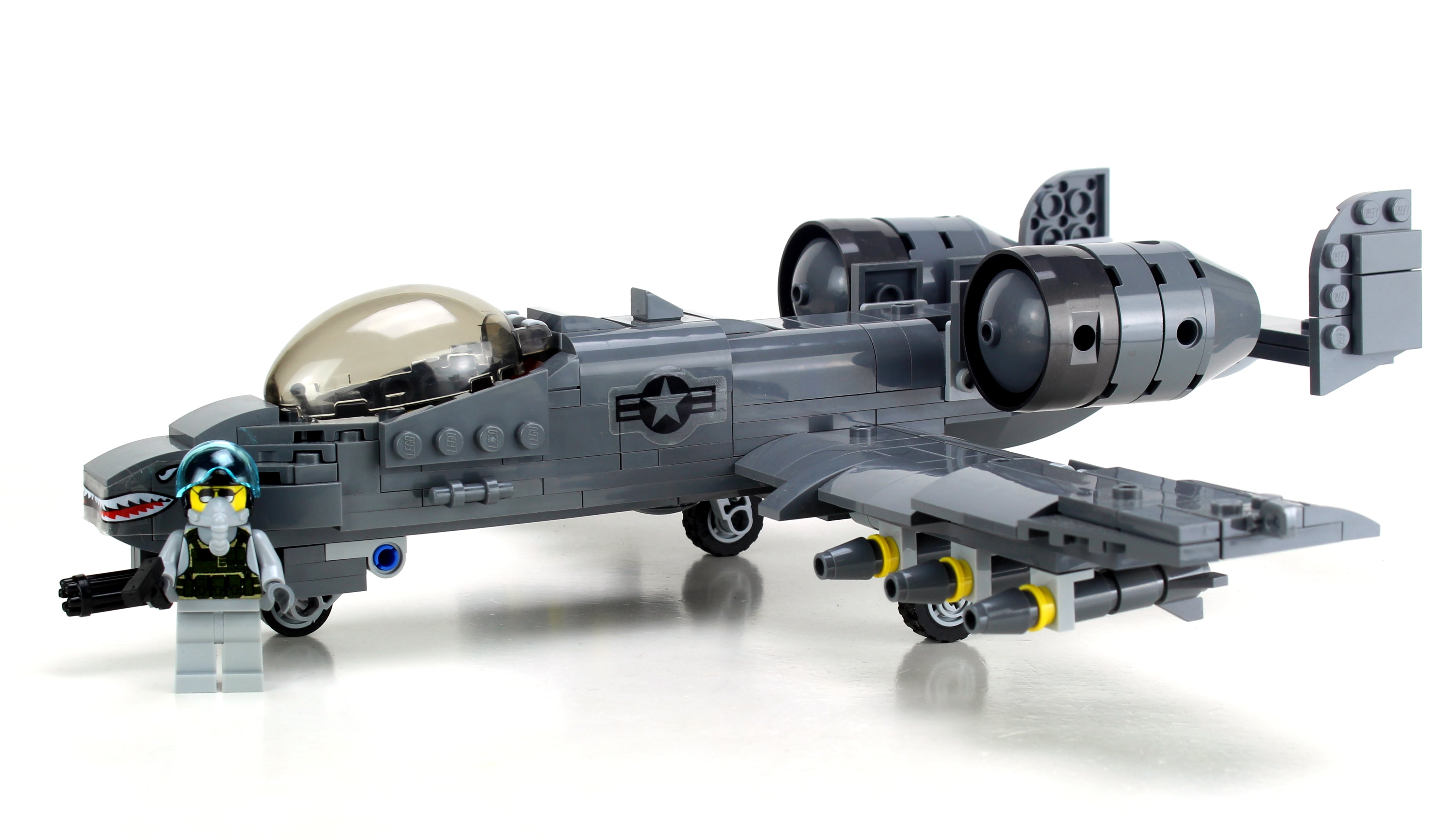In a bold move, a Russian paratrooper named Pavel Filatyev shared his journal entries about fighting in the early days of his country’s invasion of Ukraine.
“Due to artillery shelling, some villages nearby practically ceased to exist,” the 34-year old wrote in mid-April. “Everyone was getting angrier and angrier. Some grandmother poisoned our pies. Almost everyone got a fungus, someone’s teeth fell out, the skin was peeling off.”
Filatyev posted his account to Vkontakte, Russia’s version Facebook, according to the Washington Post.
The outlet reported that he was wounded in combat and evacuated. Once away from the front lines, Filatyev began chronicling his experience in Kherson and Mykolaiv, which ultimately spanned 141 pages.
“Many discussed how, when they return, they will hold the command accountable for lack of provision and incompetent leadership,” he wrote. “Some began to sleep on duty because of fatigue. Sometimes we managed to catch a wave of the Ukrainian radio, where they poured dirt on us and called us orcs, which only embittered us even more. My legs and back hurt terribly, but an order came not to evacuate anyone due to illness.”
According to the Post, Filatyev described scenes of utter chaos and a complete breakdown of order and discipline among Russian troops. Soldiers were reportedly “shooting themselves in the legs to collect the $50,000 promised by the government to injured servicemen.”
Filatyev communicated with the Washington Post through Telegram, stating that he has escaped his country with the help of Gulagu.net, an association of human rights defenders. The Post, with Filatyev’s permission, shared his entries, edited, and in English, for clarity.
Though the publication couldn’t independently verify his story, editors note that the paratrooper offered up his military ID, which showed him with the 56th Guards Air Assault Regiment based in Crimea.
Filatyev said he hopes that sharing his experience will awaken people to the reality of the situation in Ukraine.
“It may not change anything, but I will not participate in this madness,” he told the Washington Post. “They simply decided to shower Ukraine with our corpses in this war.”
Of the early days of the invasion, Filatyev wrote about general confusion and disarray among troops. There was a lack of clarity about the purpose of their movements or missions, which would ultimately escalate.
“I understood that something global was happening, but I did not know what exactly,” he wrote. “Many thoughts were spinning in my head. I thought that we couldn’t just attack Ukraine, maybe NATO really got in the way and we intervened. Maybe there are also battles going on in Russia, maybe the Ukrainians attacked together with NATO. Maybe there is something going on in the Far East if America also started a war against us. Then the scale will be huge, and nuclear weapons, then surely someone will use it, damn it.”
As the fighting progressed, Filatyev wrote that things became more dire for Russian troops on the ground.
“Everyone looked exhausted and ran wild,” he noted. “We searched the buildings for food, water, showers and a place to sleep, someone began to take out computers and anything else of value. We ate everything like savages, all that was there was, cereal, oatmeal, jam, honey, coffee. … Nobody cared about anything, we were already pushed to the limit.”
A month in, Filatyev described the mission like Bill Murray’s infamous “Groundhog Day” — day in, day out madness.
“I will tell you a secret,” Filatyev wrote, “[for] the majority in the army, they are dissatisfied with what is happening there, they are dissatisfied with the government and their command, they are dissatisfied with Putin and his policies, they are dissatisfied with the Minister of Defense who did not serve in the army.”
Sarah Sicard is a Senior Editor with Military Times. She previously served as the Digitial Editor of Military Times and the Army Times Editor. Other work can be found at National Defense Magazine, Task & Purpose, and Defense News.
In Other News














